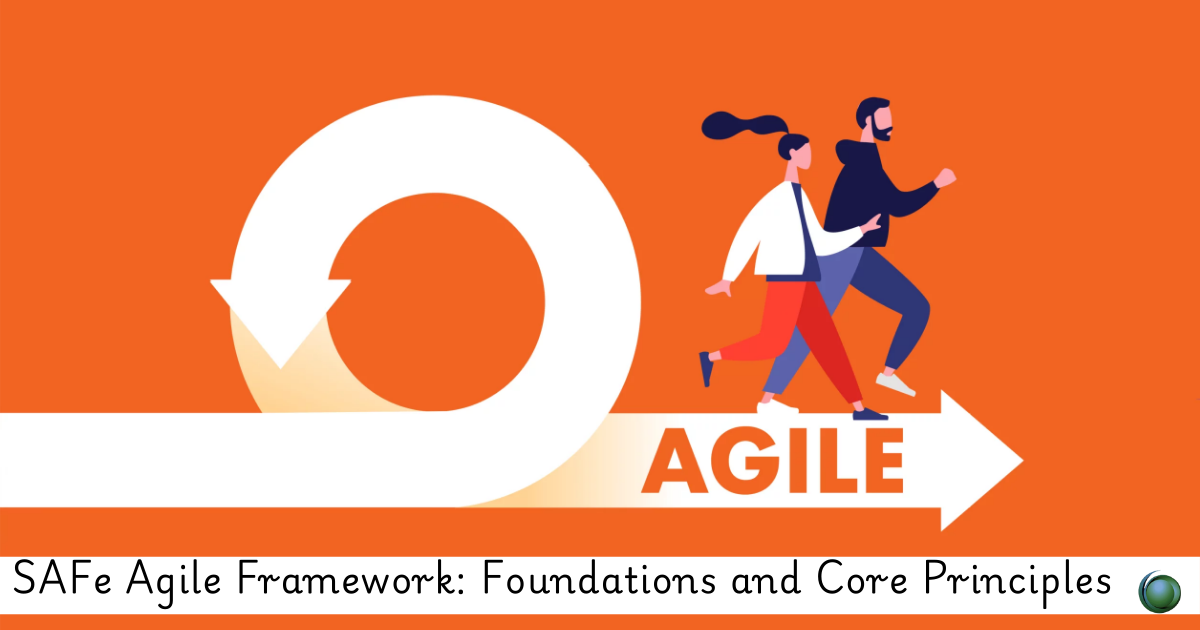Description
Introduction
Agile and PMP (Project Management Professional) represent two prominent approaches to managing projects, each with distinct methodologies, processes, and goals. Agile emphasizes flexibility, collaboration, and delivering iterative, incremental value to customers, while PMP, guided by the Project Management Institute (PMI), follows a structured and process-oriented approach to managing projects. Agile and PMP can complement each other, as project managers often use both methods depending on the project requirements and organizational context. Integrating Agile with PMP practices allows project managers to manage the complexity of large projects while maintaining flexibility to adapt to change and focus on delivering value.
Prerequisites
- Basic Knowledge of Project Management
- Understanding of traditional project management principles and methodologies.
- Familiarity with project life cycles, processes, and project documentation.
- Understanding of Agile Principles
- Familiarity with Agile methodologies such as Scrum, Kanban, and Lean.
- Knowledge of Agile roles, ceremonies, and artifacts (e.g., Product Owner, Scrum Master, Sprint Planning).
- PMP Certification
- A PMP certification is beneficial for those who want to deepen their understanding of traditional project management practices, as it demonstrates proficiency in managing projects based on PMI standards.
- Experience with Cross-Functional Teams
- Exposure to managing cross-functional teams and stakeholders, either in Agile or traditional environments.
- Familiarity with Agile Tools
- Understanding Agile tools (e.g., Jira, Trello, VersionOne) used for tracking progress, tasks, and sprints.
TABLE OF CONTENT







Reviews
There are no reviews yet.